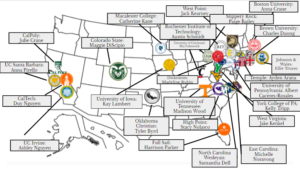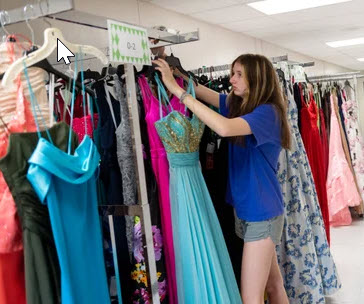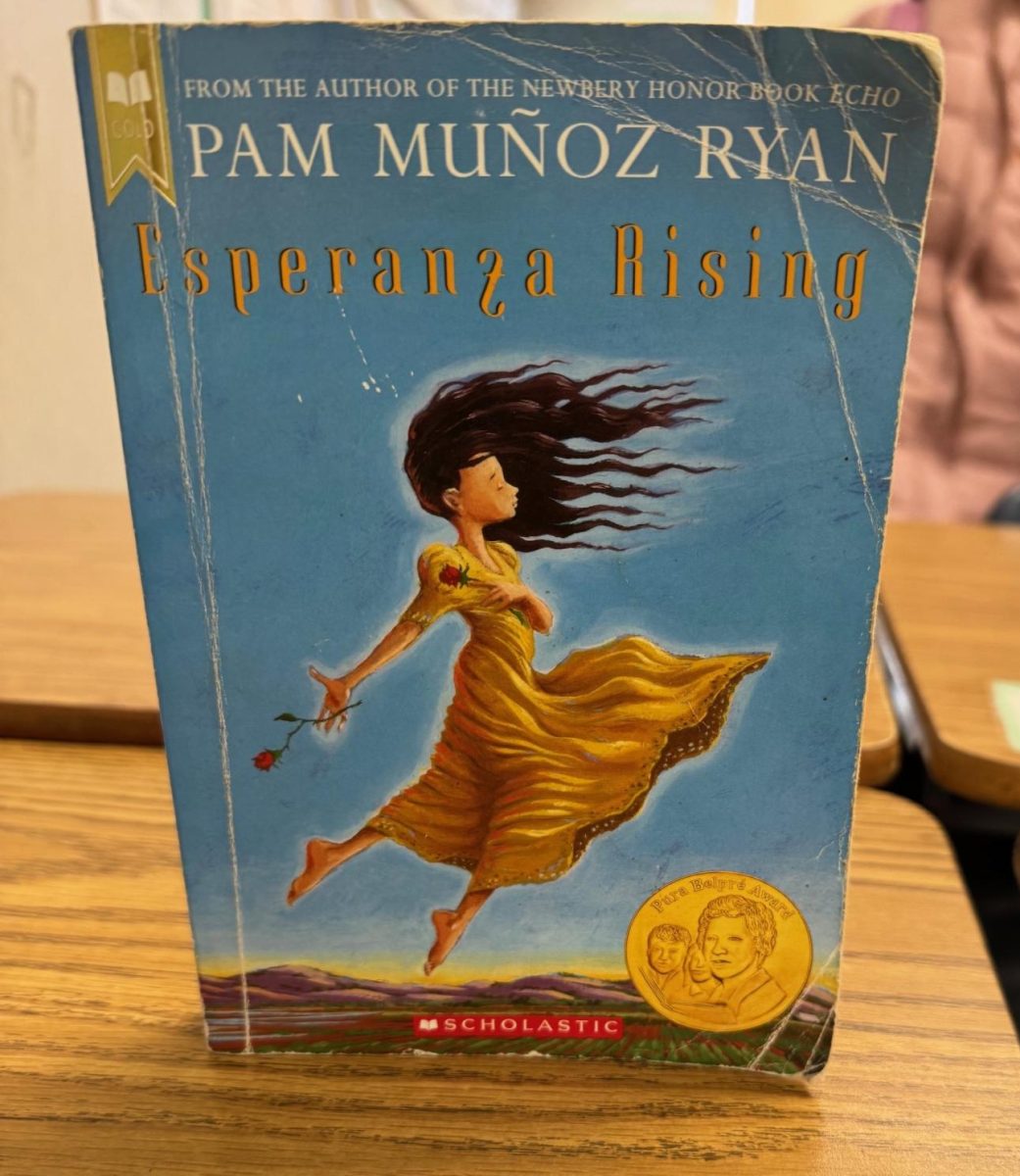Affordable Fashion: No Cheap Cost to the Environment
December 17, 2021
Popular brands like Forever 21, H&M, and Zara are appealing to high school students because of their cheap price and trendy styles. But for many the cost of fast fashion to the environment is just not worth it.
Fast fashion is when cheap clothing is manufactured fast, shipped fast, and worn even faster. The clothing is usually worn just a couple of times before it is discarded for another trend. This phenomenon is called “micro trends” —fashion trends that come and go quickly.
According to a video presented by the Our Changing Planet channel, the fashion industry is the eighth most polluting industry in the world and is responsible for four percent of the world’s annual solid waste. The fabric used to produce the clothing is non-biodegradable and requires large amounts of fossil fuels. These fossil fuels impact the climate crisis by releasing greenhouse gasses into the air. “Pollution and unfair labor practices are everywhere” said Eden Burton (10). “But if we continue to shop at places that promote these things, then the problems will get worse.”
To combat this, ethical brands like Patagonia and Earth Happy chose not to cut corners when it comes to the wages and materials used to create the clothing. This type of care and quality is shown in the price of the clothing because it is usually out of budget for most students. “Producing sustainable clothing is not a cheap process so I understand the price” said Melanie Vargras (12). “But I can speak for a lot of my fellow classmates and say that us shopping at Forever 21 doesn’t mean we don’t care, but it’s just that a lot of us can’t afford an $80 shirt.”
Thrifting has been popular for a long time but it has moved from the beloved Goodwill on to the more recent online thrifting companies Depop and Poshmark. Users can sell and buy lightly worn or homemade clothing. This way of shopping has grown in popularity because it is a cheap way for students to recycle clothing and make a quick buck. “I love donating my clothes to thrift stores because it allows everybody to shop sustainably,” said Jade Gomez (10). “Some people don’t even know the role they play in preventing the build up of clothing in landfills by thrifting.”
Shopping sustainably doesn’t mean breaking the bank. Small brands like CHNGE and Plant Faced Clothing have made it easier for young people to shop affordable, clean fashion. Some fast fashion brands have also made an effort to have a more sustainable future. UNIQLO recently started reusing plastic water bottles to make their clothing. They also offer reusable paper and fabric shopping bags at check out instead of plastic bags.
Improving the fashion industry’s environmental footprint won’t be an easy task, but starting the conversation will hold brands accountable for their actions and force transparency.




